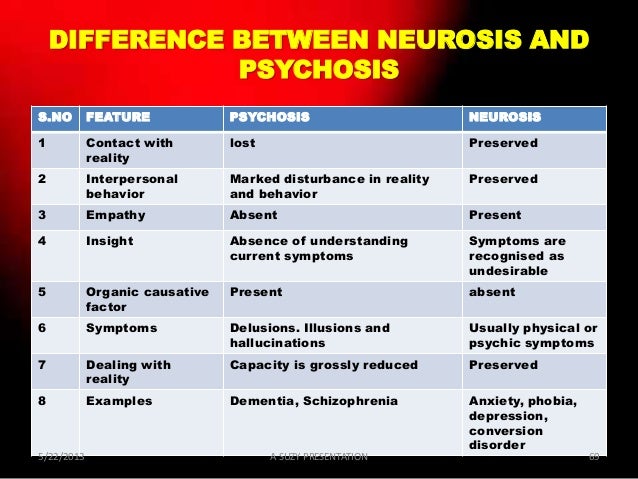

This may be due to brain changes in sensory processing regions or in the visual or auditory information the brain receives. People with hearing or vision loss may experience hallucinations. In some cases, knowing that the hallucinations happen because of brain changes during the sleep cycle can make them less frightening. Treating sleep disorders may help ease symptoms. In some cases, the hallucination occurs with an episode of sleep paralysis, which happens when a person wakes up and is temporarily unable to move. The hallucinations commonly appear as a person falls asleep or wakes. Some people experience hallucinations that doctors associate with sleep disorders. A person might see spots and colors that are not there or other unusual images. Some people with migraines experience hallucinations during or right before a migraine. In most cases, treating the seizures prevents the hallucinations. A person may experience hallucinations during or after a seizure. Sometimes hallucinations are a symptom of a seizure disorder. In other cases, their hallucinations may be terrifying and can trigger feelings of paranoia and panic that make it difficult for them to trust caregivers. Sometimes, they see people who have died. People in mid to late stage dementia may experience auditory and visual hallucinations. Dementia and other brain disordersĭementia progressively damages the brain, including regions involved with sensory processing. Symptoms usually disappear after several days. Withdrawal from alcohol can cause hallucinations, especially in people who experience a severe withdrawal syndrome called delirium tremens.Ī person with delirium tremens may also become very sick, vomit, or shake. Learn more about psychosis in depression. Treating the underlying disorder can often eliminate these hallucinations. For example, a depressed person may hallucinate that someone is telling them they are worthless. The hallucinations are typically very brief and often relate to the specific emotions the person is feeling. People with anxiety and depression may experience periodic hallucinations. Therapy, medication, and social support can help. In more extreme cases, a mother may hear a voice telling her to kill her child.īecause postpartum psychosis can endanger the baby and disrupt the relationship between parent and child, prompt treatment is vital. Less commonly, some experience postpartum psychosis, which can cause hallucinations.Īn example is if a mother believes she is hearing her baby crying when the baby is not doing so. Many new parents struggle with postpartum depression and anxiety.

Antipsychotic medication may help manage symptoms, and some people function better with therapy. People with psychosis may experience delusions and hallucinations and exhibit behaviors that are not typical. It can also cause psychosis, which is a loss of being in touch with reality. Schizophrenia is a mental health condition that changes the way a person thinks and behaves.

LSD, salvia, dimethyltryptamine (DMT), and certain mushrooms are common hallucinogens. These drugs temporarily change the way the brain processes and sends information, causing unusual experiences and thoughts. They include: Drugsĭrugs called hallucinogens can induce hallucinations. A 2010 study attempted to review and discuss many of these hallucinations and their causes. Numerous medical conditions and other factors can cause hallucinations. Learn more about what happens in the brain during a hallucination.

Gustatory hallucinations: These cause someone to taste something they did not eat.Olfactory hallucinations: These can occur when a person smells something that is not there.Visual hallucinations: These cause someone to see something that is not real, such as a person or animal.Auditory hallucinations: These are when someone hears something that is not there, such as a voice or radio.There are many different types of hallucinations, including: This observation suggests that a hallucination could be the brain’s way of compensating for a drop in sensory information. For example, some people are more vulnerable to hallucinations when they are falling asleep or partially waking.Ī 2019 study in mice that took a hallucinogenic drug found that the animals had less activity in brain regions that the researchers associated with managing incoming visual information. Hallucinations can happen any time there is a change in brain activity. Share on Pinterest Hallucinations are not always a sign of a mental health disorder.


 0 kommentar(er)
0 kommentar(er)
